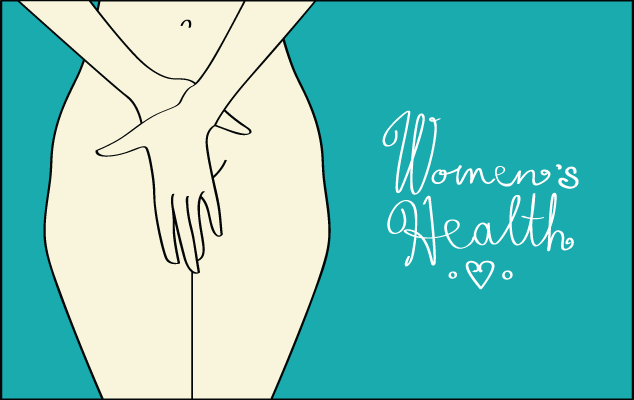Nowadays, most of the more common symptoms and side effects of the menopause are fairly documented and an increasing number of women appear to feel increasingly comfortable about discussing them openly and seeking the relevant advice and support.
As a result, most of us will probably be well versed on the menopausal concept of hot flushes and night sweats. And we might have at least some idea about the effect fluctuating hormones can have on moods, energy levels and skin. But the impact menopause, and the run up to it, can have on a woman’s sex life continues to be a more awkward topic of conversation for many of us.
So how much do you really know? Or think you know?
The first and most important thing to point out, is that menopause doesn’t have to signal the death knell for your sex life. In fact, it can do the exactly the opposite.
There is evidence to suggest that some women interested in sex are more likely to be orgasmic post menopause and enjoy having it more than ever. According to www.relate.org.uk, more than 50% of women report no decrease in sexual desire post menopause, and fewer than 20% actually report a significant decrease. So, flagging libido isn’t an issue for everyone.
Ironically, www.netdoctor.co.uk reports that some women discover a renewed or even redoubled libido after the menopause and find their husbands can no longer keep up with their sexual demands!
At this point, it’s important to flag up the fact that late pregnancy can and does happen. HRT is not a contraceptive. The recommended advice is for women under 50 to still carry on using contraception for two years after their last period. Women who reach the menopause at 50 or over should use contraception for 12 months.
Of course, not all women sail through the menopause with their sex life unaffected. For some, declining levels of oestrogen can result in less vaginal lubrication, which makes intercourse painful. In anticipation of the pain, some women may also develop vaginismus, a reflex where the muscles of the vagina contract, making penetration more difficult.
Menopausal women may become more vulnerable to urinary infections too, which can certainly get in the way of spontaneous love-making sessions. Stress urinary incontinence can be another side effect of the mid-life hormonal shift and affect sexual confidence.
Alongside all the physical symptoms, secret fears and worries can take their toll on relationships and make regular sex less likely to happen. Menopausal mood swings, insomnia and depression can all be factors. In this scenario, talking openly to your partner can give them better understanding of what’s going on to prevent arguments and misunderstandings. They’ll also be better equipped to support you emotionally.
The good news is that most of the negative symptoms associated with menopause and a healthy, satisfying sex can be remedied, so our most important piece of advice would be to read up and research the topic as much as you can. A visit to your GP will also reveal any medical treatments, medication and nutritional supplements, such as Promensil, that might help. Knowledge is power!
Sources:
www.netdoctor.co.uk
www.relate.org.uk

